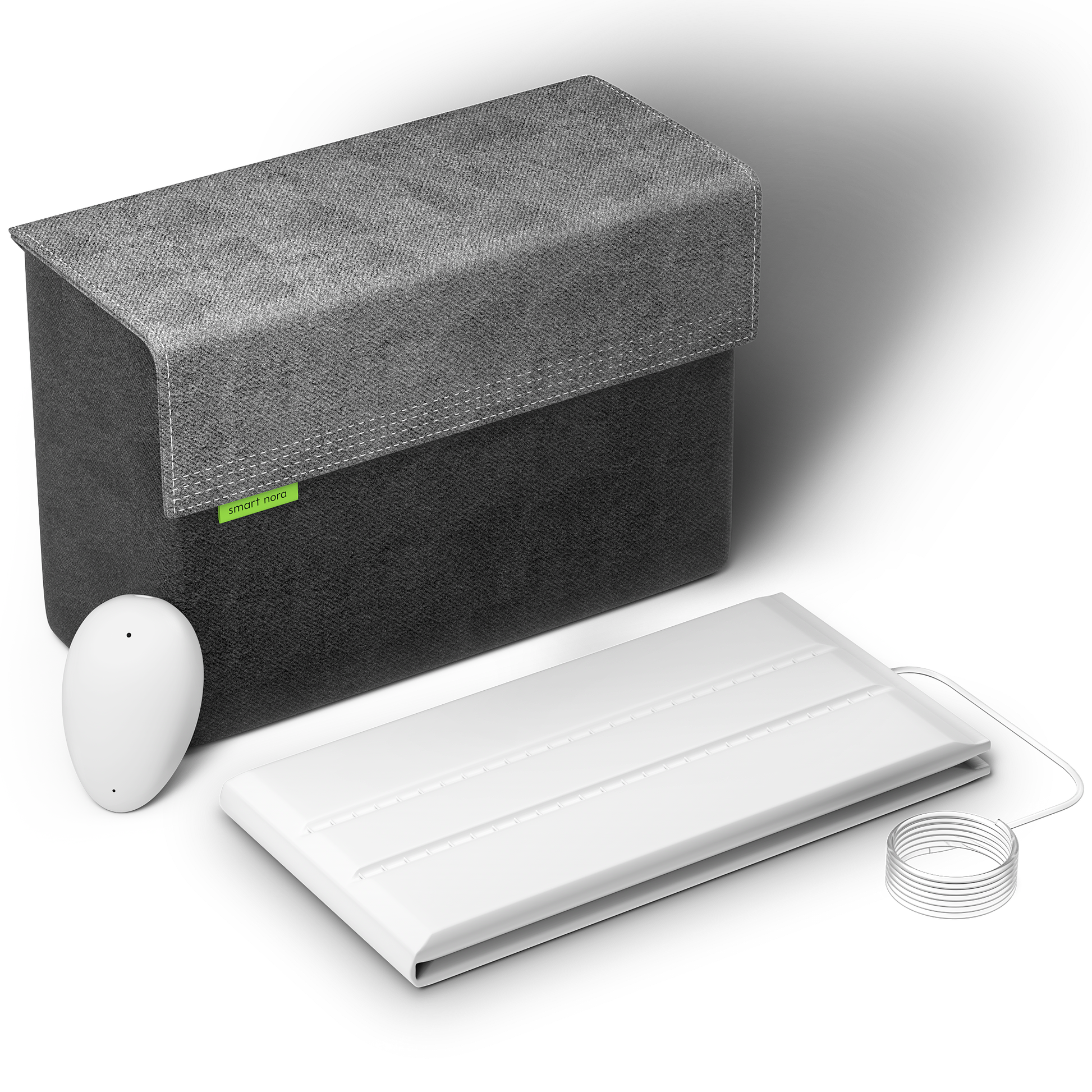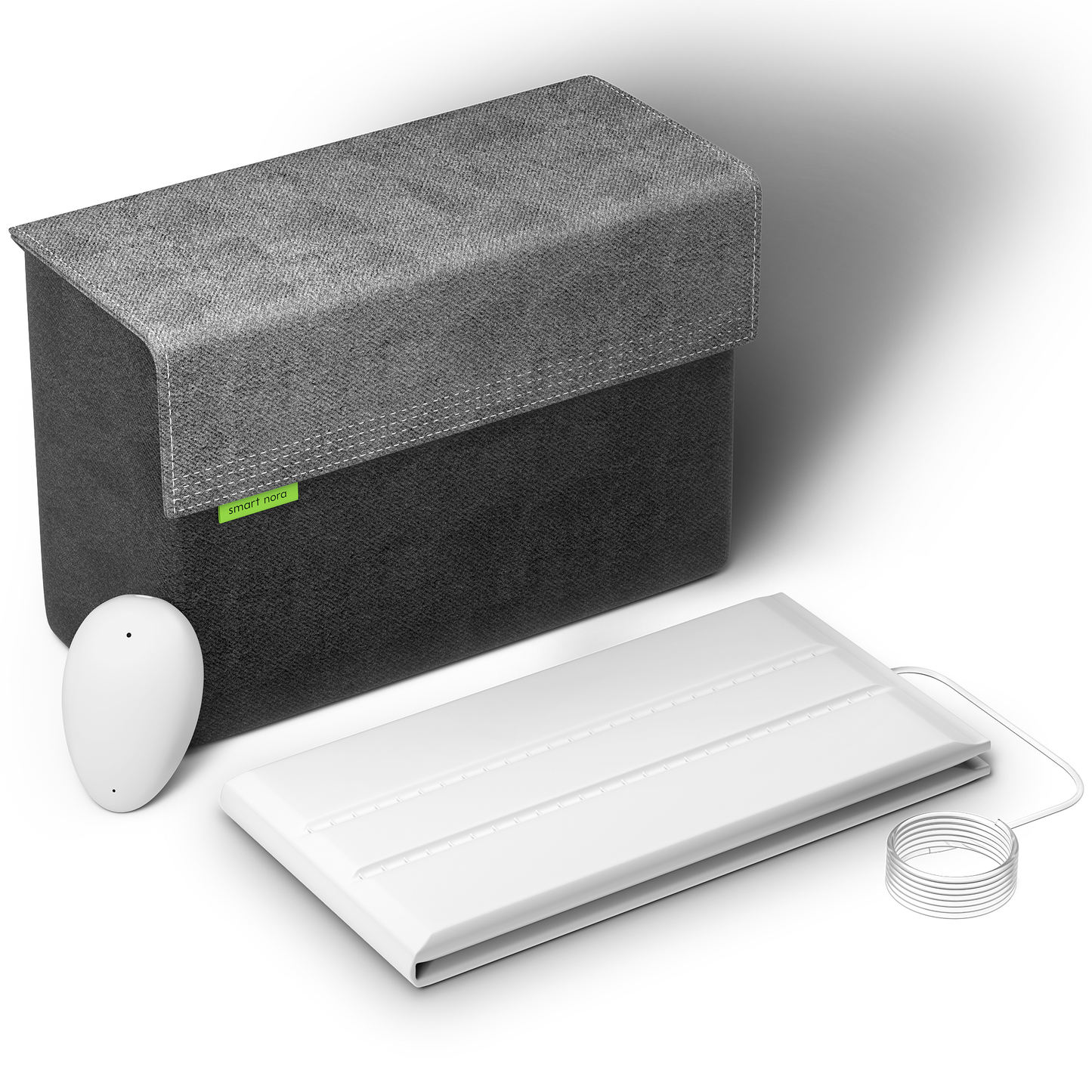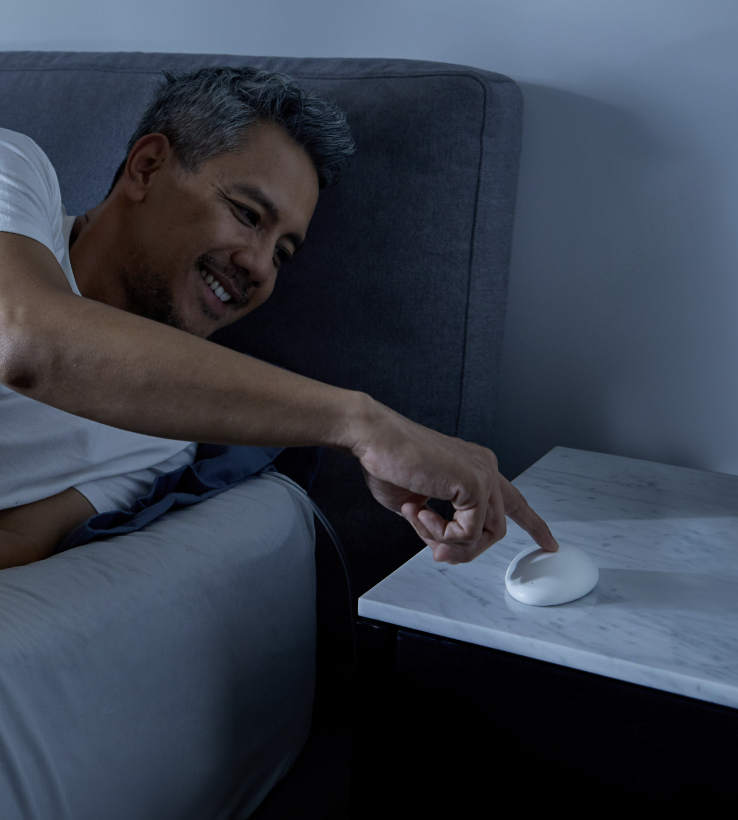Do you often stay up late watching just one more episode of your favorite show? Or, if you are a workaholic, you might spend the night working away, thinking you would make up for the lost sleep some other time. If you think this is absolutely okay and a ‘new normal’, well, think again. Chances are, you are unconsciously practicing revenge bedtime procrastination.
It sneaks in during the quiet hours of night, when the kids are in bed, the inbox is empty, and the urge to watch just ‘one more’ episode is too strong to ignore. Don’t deny, we are all guilty of it. But these harmless little deviations from our daily ‘healthy’ schedule can prove to be unhealthy, as we will discuss more in detail in this blog.
What is Revenge Bedtime Procrastination?
According to experts, revenge bedtime procrastination is when people put off going to sleep at their regular bedtimes to have more leisure and free time, even when they are fully aware that doing so will have detrimental effects.
Researchers say nearly 90% of adults miss sleep while binge-watching television. The psychology underlying this behavior is what experts call revenge bedtime procrastination, and they say it is not as simple as it sounds.
It refers to purposefully staying up late to engage in activities you did not have enough time for during the day, like scrolling through social media or watching TV, which means you dedicate less time to sleeping and more time to doing other things.

Although, it takes more than just staying up all night or trying unsuccessfully to fall asleep to avenge bedtime procrastination. It occurs when you know your actions will prevent you from falling asleep and have an adverse effect, but you still choose to do them.
The term ‘revenge’ originated from the Chinese phrase ‘bàofùxìng áoyè,’ which roughly translates to ‘revenge bedtime procrastination’ or ‘retaliatory staying up late.’ The term came up when working hours were becoming stressful in China, and the workers did not have any time for leisure. They had to endure a 12 hours-a-day, six-days-a-week work routine, which started taking a toll on their health. Hence, in retaliation, they started staying late to get some free time and relax.
What Causes Revenge Bedtime Procrastination?
There are several reasons why some people purposely skip sleep in favor of more free time. Some of the major causes of revenge bedtime procrastination are:
- Avoiding Going to Bed: Not leaving the office on time or lazing around on the couch are some of the strategies we employ when we want to avoid sleep. It could be that you think sleep is an annoyance, an unproductive activity, or just another chore you must complete. Hence, you keep putting it off until it’s absolutely necessary.
- Lack of Free Time: The perception that you don’t have enough free time for leisure activities and a general lack of control are both broad causes linked to revenge bedtime procrastination.
- Using Electronics: According to experts, technology is a significant factor in procrastinating going to bed in retaliation. You can put off going to bed for any pastime, such as preparing for a meeting or the inability to put down that thriller you are reading. But more frequently, it involves technology.
- Procrastination: You can be a night owl adjusting to life in an early bird’s world or look for a simple way to decompress after a demanding day. Or perhaps you generally put off essential tasks because you procrastinate.
Why Do We Engage in Revenge Bedtime Procrastination? The Psychology
In sleep science, revenge bedtime procrastination is still a relatively new idea. There are ongoing discussions concerning the psychology underlying our tendency to voluntarily skip sleeping.
In cases of revenge bedtime procrastination, skipping out on sleep in favor of leisure activities may not be viewed as a breach of self-control but rather as an effort to find some downtime after a stressful day. We deplete our reserves of self-control by the demands of the day at work. This means our ability to control ourselves is already at its lowest at the end of the day, which could make procrastinating on getting enough sleep easier.
Some people could also be predisposed to putting things off in general, particularly right before bed. This is known as the intention-behavior gap theory. It refers to the idea that people who procrastinate going to bed know they should get enough sleep and usually want to, but they don’t.
However, not everyone accepts the intention-gap theory, with some critics claiming that it excessively focuses on self-control. They say that the ability to procrastinate sleep is common among night owls.
This is because, for night owls, their body clock is more awake and active at night, making it easier for them to engage in revenge bedtime procrastination. There is also this notion that they might think they are compelled to try to fit into schedules made for early risers, so they try to strike a balance, and it doesn’t work out in their favor.

However, more research is required to fully comprehend sleep procrastination, which may result from various interrelated factors such as chronotype, stress, and issues with self-regulation.
Consequences of Revenge Bedtime Procrastination
We already know that not sleeping enough can lead to sleep deprivation because your mind and body do not get enough time to recharge. Eventually, revenge bedtime procrastination can lead to severe health consequences. Some of how sleep deprivation can affect your health are:
- Irritation: Lack of sleep is associated with irritation and other issues with emotional regulation. It’s also been linked to mental health conditions like anxiety and sadness.
- Deteriorating Physical Health: Not getting enough sleep degrades physical health and increases the risk for metabolic diseases, including diabetes and cardiovascular issues. Inadequate sleep might impair your immune function and lessen the power of vaccines.
- Decreased Productivity: Poor sleep also affects your ability to think, remember, and make decisions. It increases the chance of daytime sleepiness, which can harm your performance at work and increase the risk of falling asleep while driving.
The effects of sleep deprivation may become much more concerning when combined with sleep procrastination. Sleep procrastination may become a part of your self-reinforcing negative cycle of less sleep and worsen your overall health.
How to Prevent Revenge Bedtime Procrastination?
If you are an early riser or someone who doesn’t get grumpy the first thing in the morning (lucky you!), it might be easier for you to not give in to the unhealthy urge to stay awake at night. But, if you are a night owl, like most of us, then here are some things you can do to make sure that you sleep on time and get enough quality sleep:
- Avoid Naps: Stay away from daytime naps if you have problems sleeping at night. Adenosine, a chemical associated with tiredness, rises and drops in level when we are asleep. Therefore, napping might reduce the hormone levels required for sound sleep at night.
- Avoid Alcohol or Caffeine: Since caffeine increases alertness and is frequently used to stay up late, giving it up might improve sleep. Coffee can still interfere with sleep if consumed six hours before bed. Consuming alcohol also impacts your ability to sleep.
- Be Consistent With Your Schedule: You can prioritize sleep by establishing regular bedtime and wake-up time. Setting up a plan gradually and achieving small daily goals will help you stay on it. For example, try moving your bedtime forward by 15 minutes each day.
- Avoid All Electronics: The amount of time you spend sleeping is typically shorter when you use electronics. Even though it may be tempting to use your phone or computer before bed, researchers have shown that doing so might disrupt your sleep by suppressing the release of melatonin. This hormone is naturally produced in the evening to make you feel sleepy and ready for bed.
- Know When to Seek Help: You don’t need to suffer from a mental illness to benefit from counseling. Talking to a licensed therapist can be beneficial if you frequently feel overwhelmed or find it challenging to strike the correct work-life balance.
Avenge Your Sleep!
It’s not unusual to stay up late preparing for a meeting, checking social media, or chatting with friends. But consistently skipping sleep affects your general health and makes you drowsy during the day. Contrary to popular opinion, no one ‘gets used’ to not getting enough sleep, and this mentality is not healthy. You are just making your body—and yourself—suffer because you have deprived it of sweet, sound sleep.
Since revenge bedtime procrastination is often done to cover up for the lack of free time, we suggest you find some time for yourself during the day. Figure out what works for you and take a break, even if it means reminding your best friend to call you in the afternoon by sending them a Google calendar invite.
And if you tend to give in to the urge to watch another Netflix episode because your partner can’t stop snoring and you think you won’t be able to sleep anyway, then stop right away. We have a solution for you – Smart Nora. It is an anti-snoring device that readjusts the position of your pillow the moment it detects any snoring sounds, eliminating the trouble of sleep deprivation.















